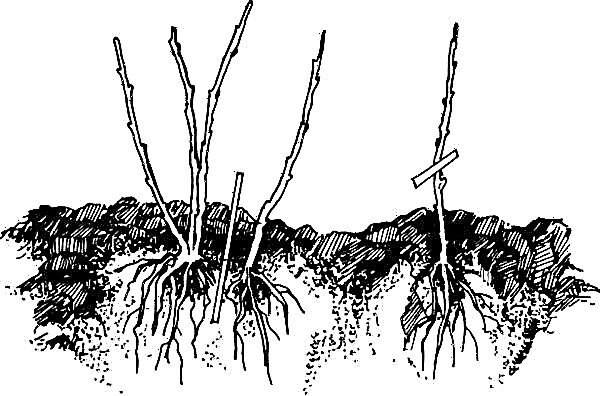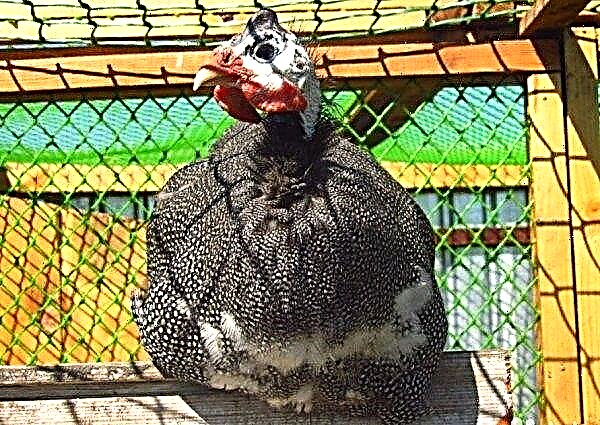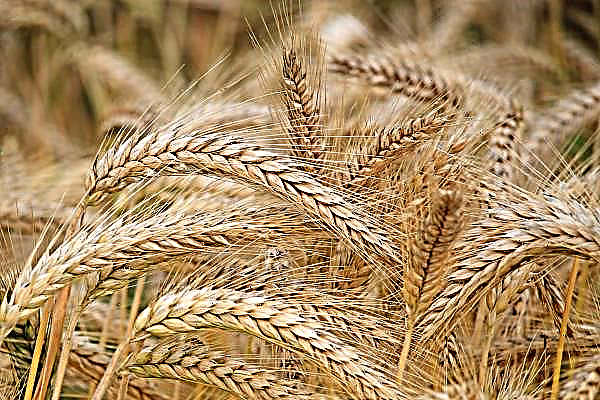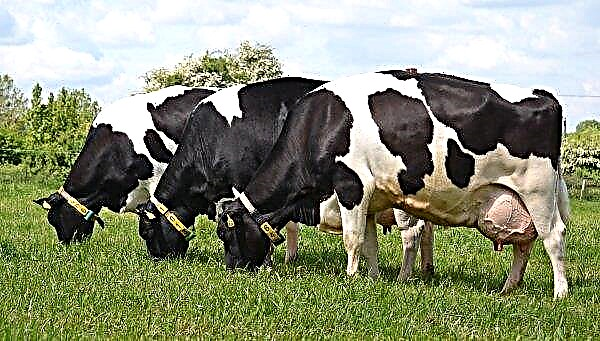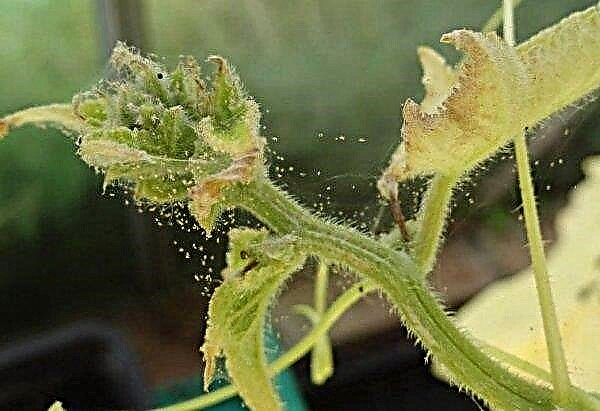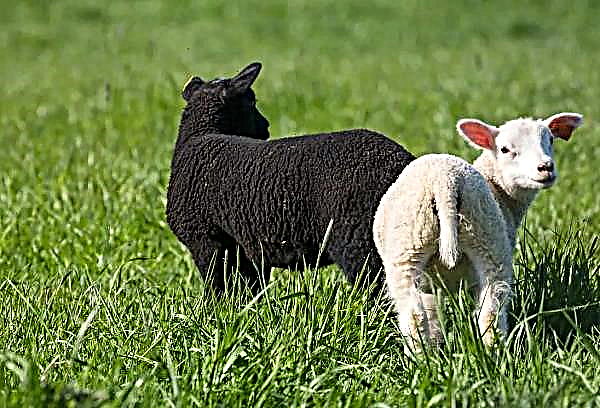Problems of American farmers: industry representatives from different parts of the USA tell their vision of the issue
On 1620 hectares of land, Jeff Rutledge grows corn, soy and rice. In addition to serious problems with the cost of raw materials, the farmer points out another significant problem - the cost of equipment.

Direct speech: “I understand that cars are loaded with new technologies and computerized systems, and some of them are required in accordance with government regulations, but the benefits are not commensurate with the production cost compared to the price of agricultural products,” Rutledge said.
Currently, more than 75% of the food consumed worldwide is produced by large family-type farmers. For example, in the USA there are more than 2 million such farms, and this makes up more than 95% of the total number of agricultural enterprises.
The following are some of the problems that American farmers cause:
- The use of generic chemicals for processing fields, which is harmful not only for consumers of products grown by farmers, but also for producers. Since farmland cultivation requires large investments in chemicals, many farmers prefer to use funds that have not been tested at their own risk.
- The costs of improving agricultural technology and low commodity prices. The country promotes affordable food for the population and farmers have to constantly reduce the cost of their products, which is not profitable for them.
- Extreme weather conditions. Changes in climatic conditions for the worse often lead to the loss of part of the crop.
- The high cost of quality seeds, fertilizers and chemicals and the low price of manufactured agricultural products.
- The high cost of agricultural equipment and the disproportionate benefits derived from the operation of machinery with its price. For example, the price of some models of combines over the past 20 years has increased by 4 times, while the quality and manufacturability of the machine has not increased by the same amount.

Rice exporters in India are seeking a ban on pesticides that are not registered on foreign markets in order to support exports to Europe and the United States. Zimbabwe has banned farmers from selling corn to anyone other than the state grain market council, as the government is taking measures to lower prices for the main product after a severe drought that hit the country. To date, only fifty-four percent of the crops in a crop such as soybeans on the farmland of the United States of America vayut in good and excellent condition.


